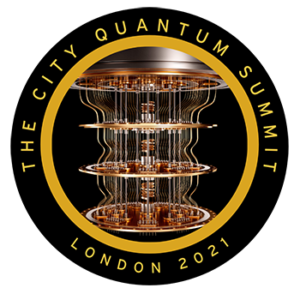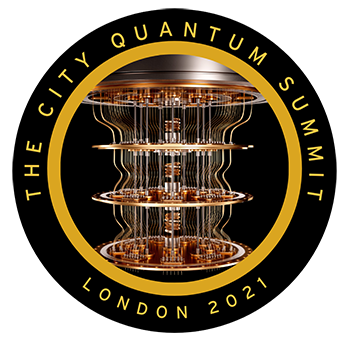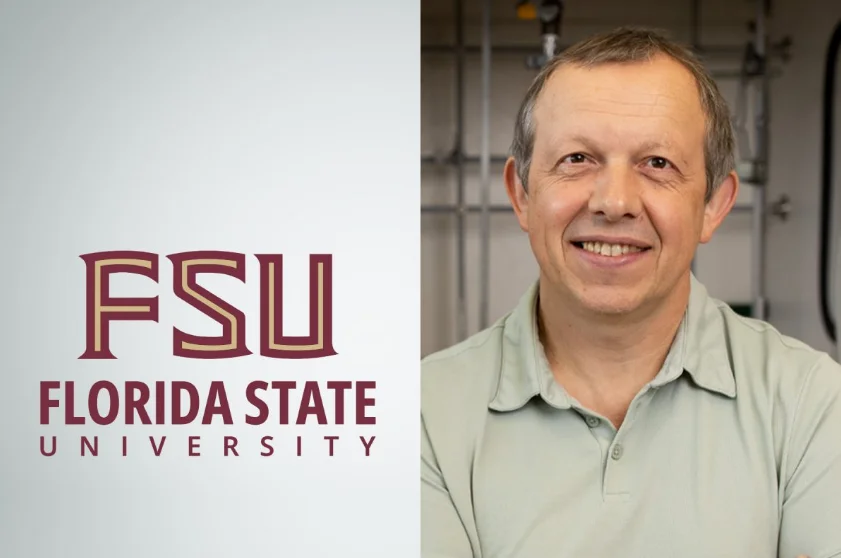
The 10th of November 2021 brought London its first City Quantum Summit. Founded by Karina Robinson of Robinson Hambro, this summit was designed to join the experts of the fields of quantum technology with banking institutions and business entrepreneurs. Lasting over four hours, the summit included a variety of panels covering different topics of quantum investing and quantum technology. Other panels focused on the diversity within the quantum sector, as well as quantum encryption and sustainability. While the summit was held in the luxurious Mansion House of William Russell, the 692nd Lord Mayor of London, it was also held virtually so viewers around the world could participate without worrying about travel restrictions. This made the summit more accessible to anyone interested in new venture capital opportunities, new quantum computing projects, or new partnerships.
The summit not only discussed some of the hottest topics within quantum investing but also had some of the biggest names from both the quantum sector and financial sector. Leaders from quantum companies like Oxford Quantum Circuits, National Quantum Computing Center (NQCC), NuQuantum, Oxford Instruments NanoScience, Rigetti, and Volkswagen Data: Lab all shared various goals and projects for developing future technology. Other representatives from financial institutions, such as Goldman Sachs, the London Stock Exchange, Amadeus Capital, JP Morgan Chase (JPMC), HSBC, and Hoare & Co made sure all panel discussions had a business focus to them as well. All panels not only had a balance of quantum and finance but also a gender balance between panelists, allowing for a variety in opinions and wisdom to be shared.
The online platform that hosted the summit made it easy for viewers (like me, in the U.S.) to ask questions, follow the discussion, as well as anticipate the upcoming panels via a well-designed agenda. The recordings of the entire summit are available for the next ten days and can be found here. All panelists had good microphone usage, and the polished filming made the virtual viewing feel professional and well-polished.
One panel that was particularly interesting discussed Cybersecurity and AI. Featuring Dr. Marco Pistoia, Head of Quantum at JPMC, and Kate Platonova, Group Chief Data Officer of HSBC, the panel gave insider opinions on the current work of developing post-quantum cybersecurity. The panel was moderated by Denise Ruffner, Founder of Women in Quantum, who did an excellent job in balancing discussion between finance and science. As the entire summit enforced a “no jargon” rule, both Pistoia and Platanora focused on current partnerships. Pistoia, when speaking about JPMC’s involvement in quantum technology, stated: “It’s important to transition from science to business.” Platonova, for her part, discussed the Next Applications of Quantum Computing (NEASQC) partnership, which involves a four-year EU grant. This partnership is hoping to develop tangible, open-sourced software using quantum technology by 2022.

Other businesses made similar projections, like Volkswagen Data: Lab’s CTO, Dr. Gabriele Compostella, in the final panel of the day that discussed sustainability. Compostella said that Volkswagen is planning to be carbon neutral by 2050, forcing the company to change how they make cars.
Adding to this, fellow panelist Jon Hammant, Head of Compute for Amazon Web Services (AWS), stated that AWS is planning on a zero-carbon output by 2040. He then mentioned that migrating data into the cloud and using quantum computing can help decrease the energy needed for data centers. In answering one of the moderator’s, Diana Brightmore-Armor’s (CEO of Hoare & Co), questions, Hammant said that quantum computing gives a possible “out” for sustainable futures, as it has a smaller power consumption due to exponential growth of processing capacity. He explained that a classical computer takes more power the bigger it gets (with more processing capacity), while in contrast, a quantum computer doesn’t necessarily need more power because it has exponential processing capability due to using qubits. This, along with other quantum technology, Hammant suggested, could help to make a more sustainable future.
Throughout the summit, the Gartner hype cycle was referenced, and the last panel was no exception. Hammant mentioned that AWS is working to get away from the hype cycle and to focus on making achievable technology for the near future. Hammant said: “How do you walk a marathon? One step at a time.”
The audience, both in-person and virtual, gave engaging and interesting questions, indicating successful results of the “no jargon” rule, as people could understand the panel discussions quite easily. With the first City Quantum Summit completed, showing successful participation and future partnerships between the quantum sector and the finance/business sectors, it will be interesting to see what future summits entail.
If you found this article to be informative, you can explore more current quantum news here, exclusives, interviews, and podcasts.
















